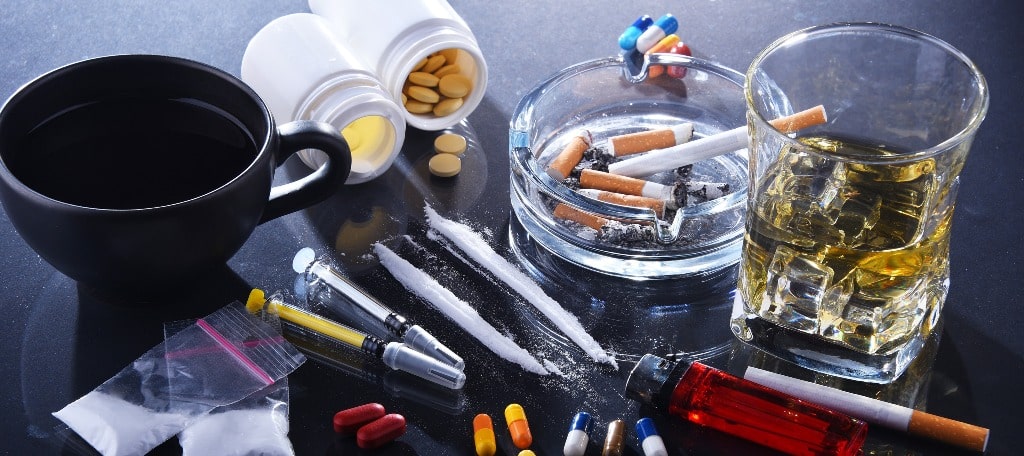Substance Addiction

Drug addiction is a chronic disease characterized by compulsive, or uncontrollable, drug seeking and use despite harmful consequences and changes in the brain, which can be long-lasting. These changes in the brain can lead to the harmful behaviors seen in people who use drugs. Drug addiction is also a relapsing disease. Relapse is the return to drug use after an attempt to stop.
The path to drug addiction begins with the voluntary act of taking drugs. But over time, a person's ability to choose not to do so becomes compromised. Seeking and taking the drug becomes compulsive. This is mostly due to the effects of long-term drug exposure on brain function. Addiction affects parts of the brain involved in reward and motivation, learning and memory, and control over behavior.
Addiction is a disease that affects both the brain and behavior.
Can drug addiction be treated?
Yes, but it’s not simple. Because addiction is a chronic disease, people can’t simply stop using drugs for a few days and be cured. Most patients need long-term or repeated care to stop using completely and recover their lives.
Addiction treatment must help the person do the following:
- stop using drugs
- stay drug-free
- be productive in the family, at work, and in society
What are treatments for drug addiction?
There are many options that have been successful in treating drug addiction, including:
- behavioral counseling
- medication
- medical devices and applications used to treat withdrawal symptoms or deliver skills training
- evaluation and treatment for co-occurring mental health issues such as depression and anxiety
- long-term follow-up to prevent relapse
